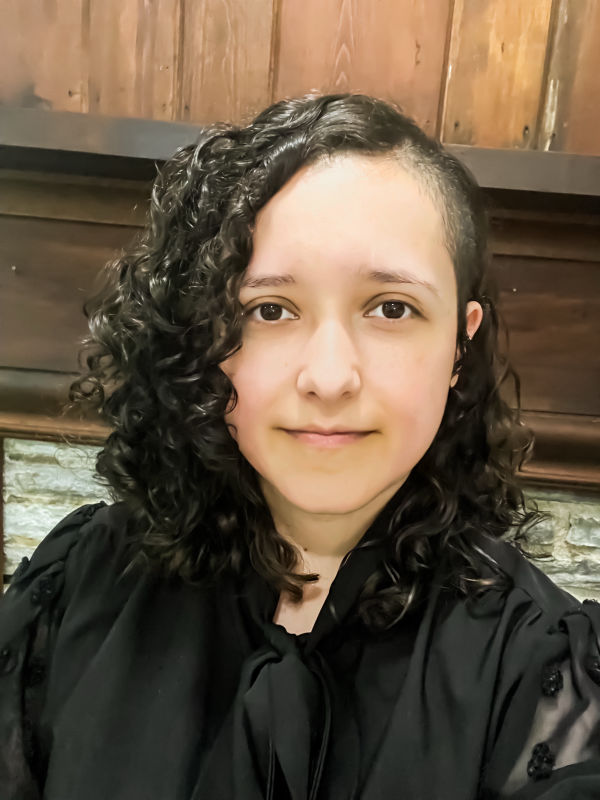
Dakota Trejo
Licensed Mental Health Counselor, MS, LMHC (She/Her)
“There is no greater agony than bearing an untold story inside you.” - Maya Angelou
Therapy can be a place to finally tell that story, in your own pace, in your own words, and without judgment. I aim to create a space that feels safe and open, where you feel supported in exploring whatever you’re carrying. My approach is eclectic with a leaning towards emotion-focused and grounded in genuine connection. I strive to meet each person with warmth, curiosity, and compassion.
Coming from a community outpatient setting, I’ve had the privilege of assisting individuals of all ages with a wide range of mental health struggles including addiction and trauma. I believe each person brings their own strengths, values, and inner wisdom to the process. My role is like sitting in the passenger seat. I offer guidance, support, and perspective while you remain in control of where we’re headed and how we get there.
I’ve received training in several evidenced-based approaches including the following:
Progressive Counting (PC):
PC is a trauma therapy designed to gently help you process painful memories in a way that feels safe and manageable. Through a structured process of imagining the traumatic memory in increasing intervals, the memory becomes gradually less distressing. Many clients say it feels less overwhelming than traditional trauma therapies and that it helps them gain emotional distance and peace without needing to do into every detail of the experience.
Accelerated Experiential Dynamic Psychotherapy (AEDP):
AEDP is an emotion-focused therapy that helps people heal by tapping into core emotions such as sadness, fear, anger, joy. It’s especially helpful for people who have experienced trauma, attachment wounds, or emotional disconnection. The goal isn’t just to “talk about” feelings but to experience and work through them in a healing relationship. AEDP helps client’s develop new emotional experiences that can actually change how they feel about themselves and others.
Written Exposure Therapy (WET):
WET is a short-term, research-supported treatment for PTSD that uses structured writing exercises to help you process trauma. Unlike some other therapies, WET doesn’t require you to talk in detail about the event out loud. It usually lasts five sessions and can be a great option if you’re looking for something focused and time-limited. Writing about trauma can help Reduce distress and promote healing.
Community Reinforcement and Family Training (CRAFT):
CRAFT isa compassionate approach designed to support the loved ones of individuals struggling with substance use. Instead of confrontation or detachment, CRAFT empowers family members to encourage positive change by focusing on health communication, self-care, and reinforcing non-using behavior. This approach helps improve relationships, reduce substance use, and increase the chances that the person will seek treatment with the idea of supporting the well-being of the family.
I also integrate CBT, DBT, MI, parts work, somatic exercises, and play therapy. At times I incorporate creative expression into sessions, especially for clients who find it easier to explore emotions through art, metaphor, or play rather than words. As someone who enjoys painting and drawing, I value how creative outlets can help access feelings that might otherwise stay hidden. The goal is to tailor sessions to what feels most helpful for you.